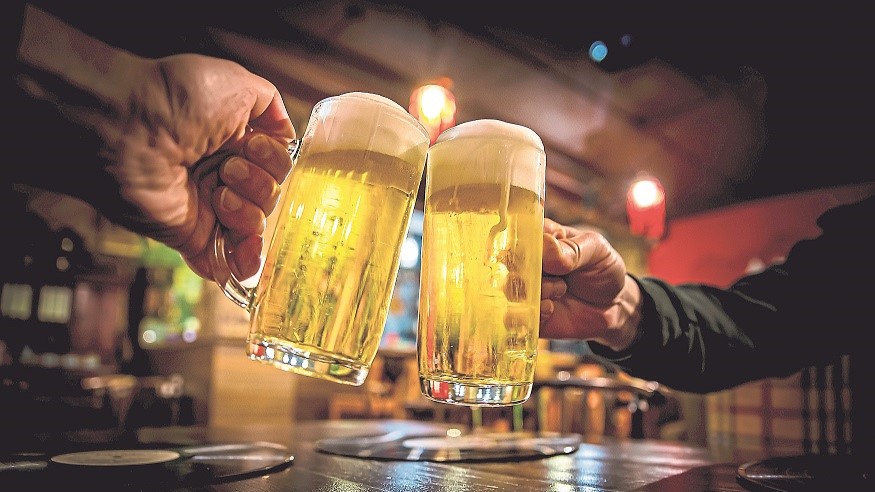THE hospitality sector in the North continues to pay higher wages, food, drink, and energy costs than their counterparts in Britain, a survey has found.
Research by Hospitality Ulster, the British Beer and Pub Association, the British Institute of Innkeeping, and UKHospitality has revealed that almost every hospitality business in the UK has seen steep increases in wages, food, drink, and energy costs.
The research from the trade bodies indicates that, year-on-year, 95 per cent of hospitality businesses have experienced increased wage costs. It’s a similar story for food (89 per cent), insurance (84 per cent), and energy (57 per cent) costs.
Many Fermanagh businesses are facing the same financial challenges as those elsewhere, with Charlie’s Bar in Enniskillen just one of those feeling the pinch.
“Our electricity bill has gone up by 300 per cent since in comparison to a bill we received two years ago,” Charlie’s Bar manager, Una Burns, previously told the Herald.
“That is for a bar that doesn’t serve food, so you can only imagine if you had a restaurant with a kitchen, those costs are simply crippling businesses.
“We are not in a position to keep absorbing these costs, but equally, we can’t pass that on to the consumer. On top of that, our rates are one of the highest in the UK, and in comparison to some, even in the city of London, our rates are higher.
“It’s just not sustainable. The big issue as well is VAT. Our VAT rate is one of the highest in Western Europe.
“The government needs to put in place some measures and a strategy to make this a sustainable business model if they are to keep the hospitality industry alive.”
In a joint statement, the researchers said that it was “crystal clear” that there was “an overwhelming desire from the hospitality sector” that the Government delivers on its manifesto commitment to replace business rates and reduce the burden on high street businesses.
“Hospitality continues to remain an outlier sector, with costs continuing to rise sharply compared to the rest of the economy,” the statement read.
“With cost increases affecting almost every venue, this vital sector is being prevented from investing in businesses and communities, which would boost economic growth and new jobs. Instead, they’re having to use dwindling cash reserves just to pay the bills.”

Fermanagh hospitality costs among highest in UK
Posted: 10:19 am August 29, 2024
Posted: 10:19 am August 29, 2024








